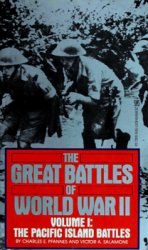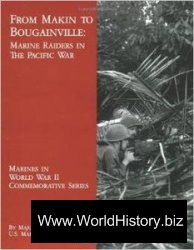After the passage of the Conscription Act, draft riots erupted in a number of cities. By far the most serious disturbance occurred in New York City in July 1863. Many workers resented conscription in principle and were embittered by the $300 exemption fee (which represented a year’s wages). The idea of being forced to risk their lives to free slaves who would then, they believed, compete with them for jobs infuriated them. On July 13 a mob attacked the office where the names of conscripts were being drawn. Most of the rioters were poor Irish Catholic laborers who resented both the blacks and the middle-class Protestant whites who seemed to them responsible for the special attention blacks were suddenly receiving. For four days the city was an inferno. Public buildings, shops, and private residences were put to the torch. What began as a protest against the draft became an assault on blacks and the well-to-do. It took federal troops and the temporary suspension of the draft in the city to put an end to the rioting. By the time order was restored more than a hundred people had lost their lives.

This lithograph of the New York draft riots, 1863, shows that although the rioters mainly targeted blacks, they also attacked homes and businesses of prominent Republicans: Brooks Brothers, Horace Greeley's newspaper, and the Times.
Most white Northerners did not surrender their comforting belief in black inferiority, and Lincoln was no exception. Yet Lincoln was evolving. He talked about deporting freed slaves to the tropics, but he did not send any there. And he began to receive black leaders in the White House and to allow black groups to hold meetings on the grounds.
Many other Americans were changing too. The brutality of the New York riots horrified many white citizens. Over $40,000 was swiftly raised to aid the victims, and some conservatives were so appalled by the Irish rioters that they began to talk of giving blacks the vote. The influential Atlantic Monthly commented, “It is impossible to name any standard. . . that will give a vote to the Celt [the Irish] and exclude the negro.”




 World History
World History









